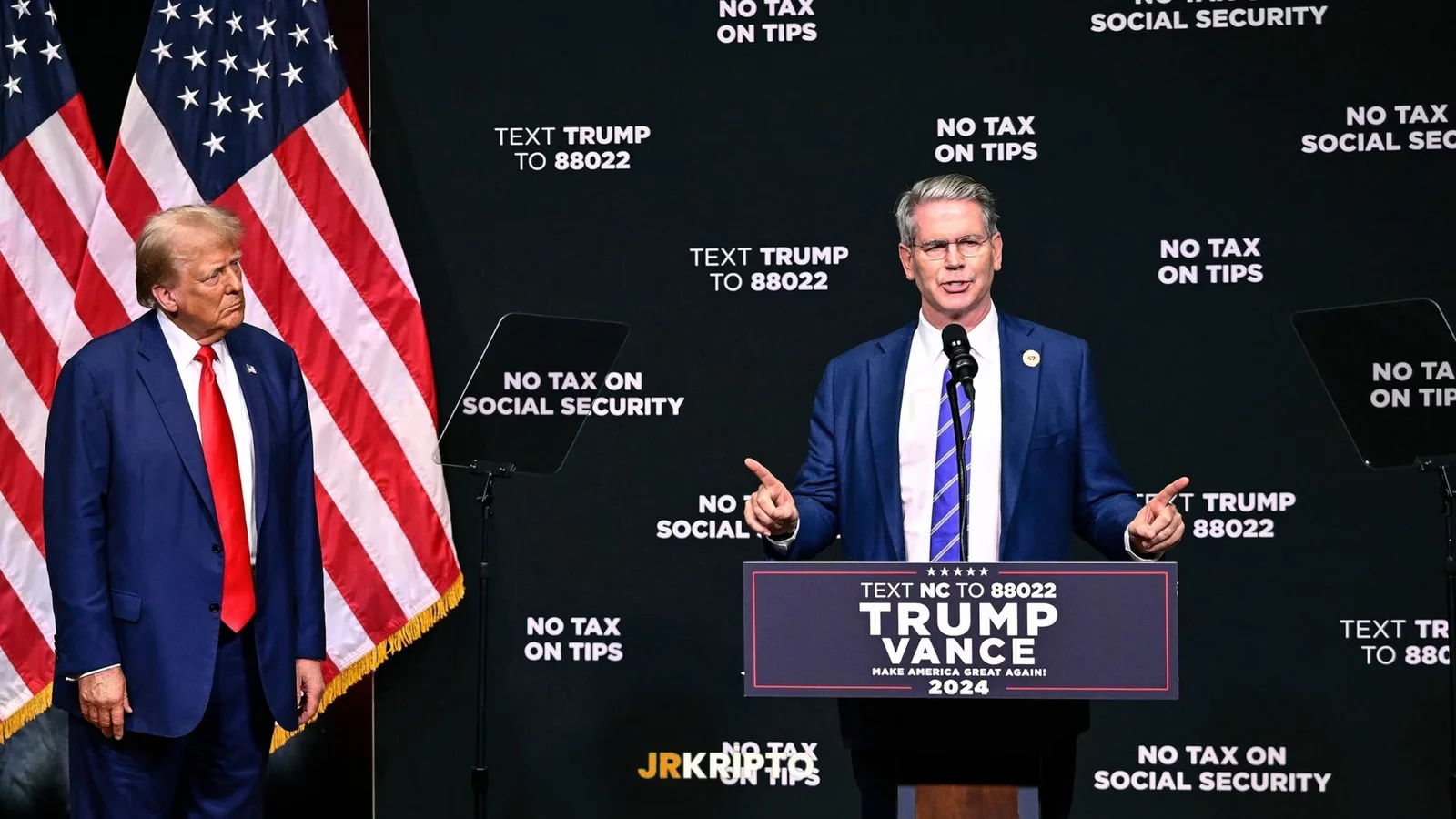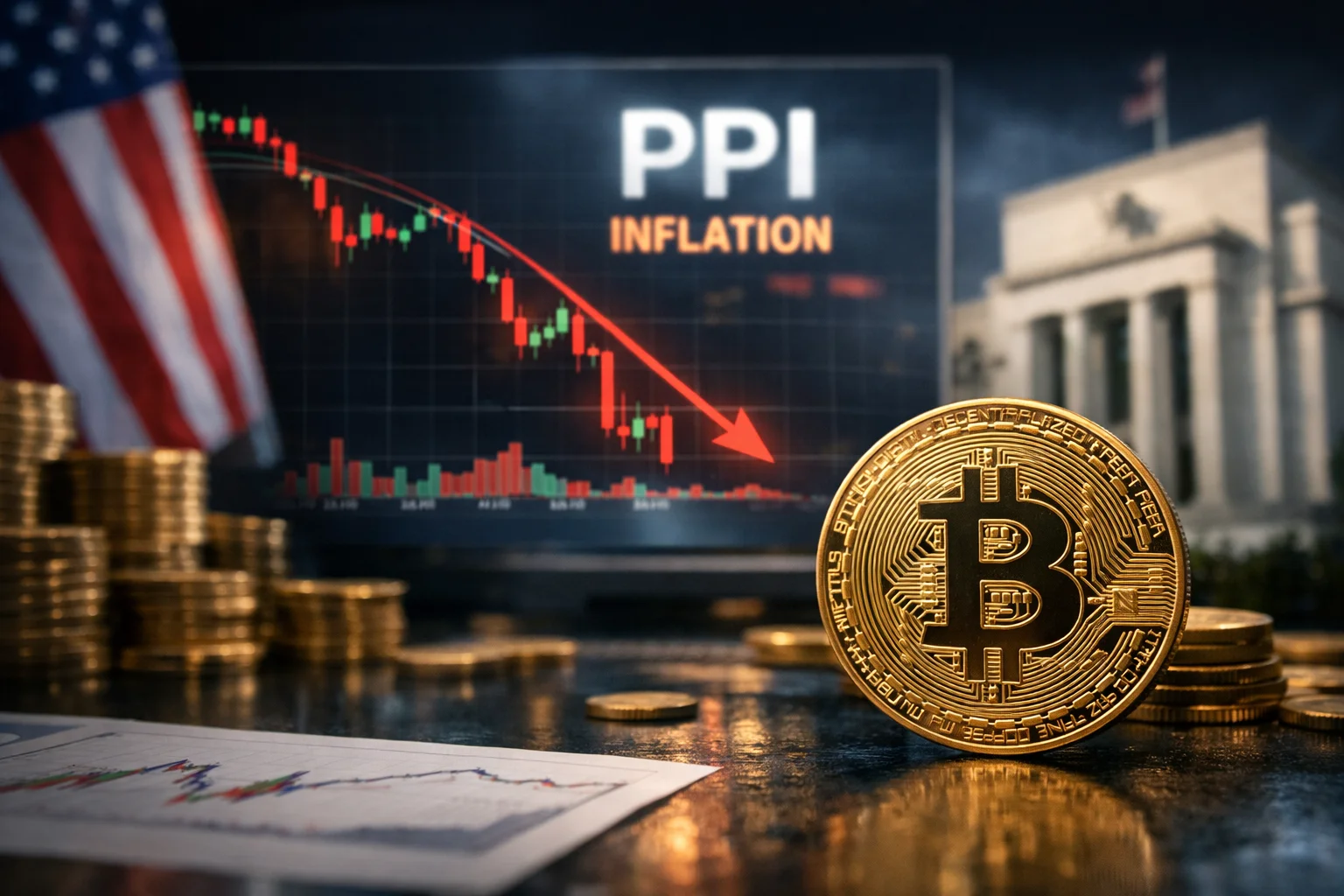U.S. Treasury Secretary Scott Bessent to Begin Major Trade Talks with China on Saturday, May 9
U.S. Treasury Secretary Scott Bessent announced that they will begin a highly significant round of trade negotiations with China on Saturday, May 9. The meetings, set to take place in Geneva, aim to ease the harsh tariffs and years-long trade war between the two countries.
During these first official talks, the U.S. will be represented by Bessent and Trade Representative Jamieson Greer, while China will be represented by Vice Premier He Lifeng. The two sides are expected to discuss the gradual reduction of trade barriers, including U.S. tariffs that have reached up to 145% and China's retaliatory tariffs of up to 125%.
Bessent: “Tariffs Are Unsustainable”
Bessent emphasized that these talks should be considered preliminary negotiations for now. “The current tariffs are unsustainable for both sides. Prolonging them only increases economic uncertainty,” he stated.
Since the beginning of 2025, under President Trump’s direction, the U.S. intensified its trade pressure with tariffs as high as 145% across various sectors, from steel to electronics. China responded with equivalent retaliatory measures, making it more difficult to import U.S. agricultural products, energy, and manufactured goods.
Geneva Talks: Just the Beginning
The Chinese Ministry of Commerce said they responded positively to the U.S. invitation for talks, but emphasized that progress would depend on mutual respect. China sees these discussions as a stabilizing step in the face of internal economic pressures and high inflation.
These negotiations are considered the first concrete step toward easing the intensifying trade war between the U.S. and China. However, experts believe that while the talks may produce a roadmap, a comprehensive agreement will require much more diplomatic effort over time.
Global Impact: Can Markets Breathe Easier?
Easing trade tensions is critical not just for the two nations involved, but for the global economy as a whole. Disruptions in supply chains and volatility in energy and steel prices have created uncertainty in markets. That’s why the Geneva talks are being closely watched by global stock and commodity markets alike.
In conclusion, this diplomatic step led by Bessent offers hope that diplomacy and compromise may once again take precedence in a world where economic conflicts have replaced hot wars.




